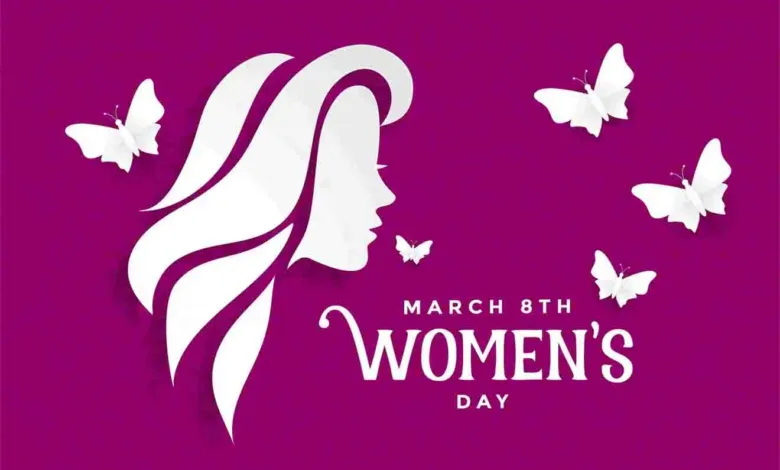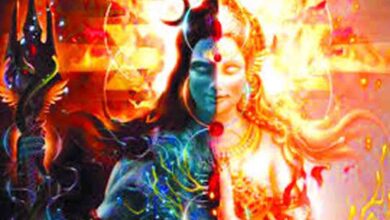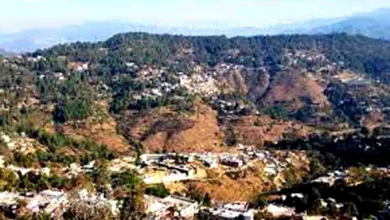The significance of empowered women in society

Thursday, 07 March 2024 | In Guest Column
 Dr. BKS Sanjay
Dr. BKS Sanjay
GUEST COLUMN
International Women’s Day is celebrated on March 8 every year. Its theme for 2024 is ‘Invest in Women: Accelerate Progress’, which is aimed at tackling economic disempowerment.
Human resource is the greatest resource on the planet. Health, education and nutrition are the basic needs for life. I will confine myself to highlight the role of health and education in nation building.
Health, as defined by WHO, is a state of complete physical, mental and social well-being and not merely the absence of disease or infirmity. Every person has a desire to be happy and I believe that only a healthy person can be happy. A healthy person can do not only his own work but the work of others as well. The ability of any healthy and educated person will be higher than the unhealthy and uneducated person in every way.
Nearly a half (48.4 per cent) of India’s population is female while 51.6 percent of the population is male. As the overall literacy rate has increased in India, the women literacy rate has also increased. As per the 2011 Census, the total literacy rate in India stands at 74 per cent and the rate of literacy among women is 65.46 per cent. The literacy rate in the country had increased from 18.33 per cent in 1951 to 74 per cent as per the 2011 census. The female literacy rate had also increased from 8.86 per cent in 1951 to 65.46 per cent in 2011.
Education broadens the horizons of our brain. We can take the advantage of education only when we are healthy both physically and mentally. In my opinion, education is meant not only for employment but it is also the tool for the empowerment of an individual. The architect of the Indian constitution BR Ambedkar regarded education as a critical instrument for raising the overall status of all citizens. He believed that socio-economic equality can be promoted through the acquisition of education, especially higher education. Ambedkar said that the cultivation of mind should be the ultimate aim of human existence.
Mahatma Gandhi emphasised not only on education but also on the quality of education. He said that an education which does not teach us to discriminate between good and bad,to assimilate the one and eschew the other, is a misnomer.
NR Narayana Murthy, founder of Infosys mentions in his book ‘A Better India, A Better World’ that he sees the colonial attitude of the Indian elite society every day with a glaring difference in the ruled and the rulers. The Indian elite send their children to English medium schools while forcing the children of the poor into vernacular schools, extol the virtues of poverty while living in luxury and glorify the rural life while they sit comfortably in cities. At the start of 2024, 36.6 per cent of India’s population lived in urban centres, while 63.4 percent lived in rural areas.
If we have a dream to make India a developed nation and a superpower of the world then we have to follow the simple principle of all developed nations which have invested a lot on education, starting from primary to higher education. The sphere of education should be given its due importance in the development of any individual, society and nation. It influences an individual’s behaviour, knowledge and skill which are the tripod for mobility of an individual from the lower strata to higher strata. Hence, in order to live a better and peaceful life we need to be educated. It transforms us by changing our mind and thoughts, thereby changing our deeds. Education is important in shaping everyone’s life. Education gives employment and employment facilitates empowerment of an individual.
Women comprise a half of the society and once they get educated, they contribute equally along with their counterpart to the family, society and nation. Women’s education will not only transform them to be a better citizen but their family, society and ultimately the nation will also reap the fruits.
According to Oxford language dictionary Dabang means, jo kisi se dabe nhi, nidar or prabhavshali in other words, one who is full of confidence. It is heartening to know that many government and non-governmental organisations in our country are working to improve the status of women’s education which is leading to women empowerment in our community. It is good that hundreds of thousands of ordinary women have been transformed into dabang women. I salute these dabang women who have contributed their share to nation building.
(The author is a Padma Shri recipient orthopaedic surgeon. Views expressed are personal)






